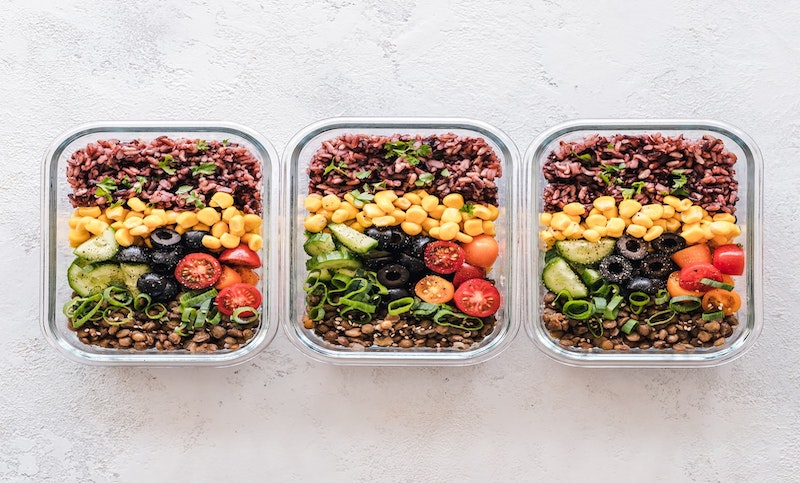
Kidney stones are hard, solid crystals of various sizes formed from the salts in urine. They can cause pain and infection, and blockages that may result in kidney damage or failure and other complications in the urinary tract.
If you have kidney stones, your diet can help prevent them. Check out our handy guide to the kidney stone diet below.
Stay hydrated
One of the best things you can do to avoid kidney stones is to drink plenty of water every day. This will help make sure that you frequently urinate, hence avoiding any build-up of calcium or uric acid. Furthermore, if you sweat heavily during the day, it is even more important to keep up with your fluids.
Consume calcium and Vitamin D
Calcium and Vitamin D are both important nutrients which, when consumed in the right amounts, can help prevent kidney stones. Foods rich in calcium include:
- milk
- yogurt
- cottage cheese
- legumes
- tofu
- dark green veggies
- nuts and seeds
Foods high in Vitamin D include:
- salmon
- eggs
- cheese
- mushrooms
Enjoy citrus
Citrus fruits and their juice contain naturally occurring citrates which can help reduce or block the formation of stones. Good sources of citrus include lemons, oranges, and grapefruit. There is a number of ways you can include citrus in your diet every day.
Reduce your salt intake
High sodium levels in the body, can promote calcium build-up in urine, which can encourage the formation of kidney stones. Avoid adding salt to food, and check the labels of any processed foods to see how much sodium they contain.
Eat less animal protein
Many sources of protein, such as red meat, pork, chicken, increase the amount of uric acid you produce and limit the amount of kidney stone fighting citrates in your body. Try to strike a balance when it comes to the animal proteins you consume and opt for proteins such as tofu, quinoa and hummus a few times per week.
Kidney stones are typically a painful condition. Fortunately, diet can be an effective tool in managing and preventing kidney stones. Staying hydrated and avoiding certain foods that are high in salt and sugar, and pairing calcium with oxalate-rich foods are important elements of a kidney stone diet.
Dr Arianayagam often sees patients with general urological problems, including stones in the kidneys, ureters or bladder.
If you have any questions about the kidney stone diet, please call Dr Arianayagam’s office on 1300 307 990 and his staff will be able to assist.

